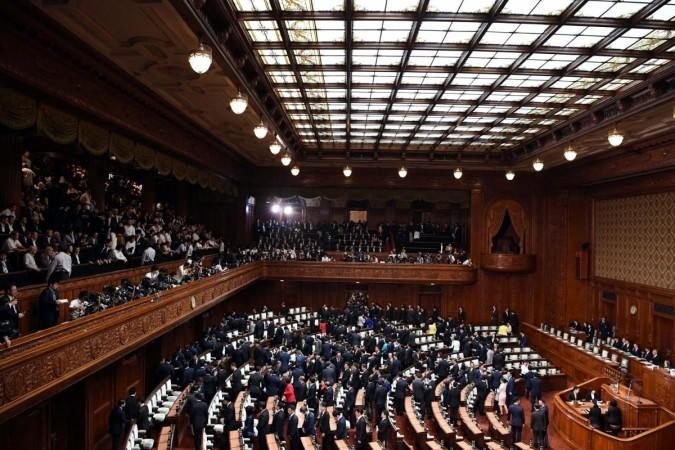In a significant move, Japan's upper house of parliament approved a controversial bill on Friday that amends the immigration and refugee law pertaining to foreign nationals.
This revision empowers authorities to deport foreign nationals who repeatedly apply for refugee status. Despite opposition from some political parties, the bill was successfully enacted with support from Prime Minister Fumio Kishida's ruling Liberal Democratic Party, its coalition partner Komeito, and other smaller parties, reports said.

The amendment has drawn extensive criticism from organizations dedicated to supporting asylum seekers within the country. These entities express concerns that the revised law could result in individuals being sent back to their home countries, where they face persecution.
The Constitutional Democratic Party of Japan, the main opposition party, has been advocating for third-party oversight to ensure fairness in the system, as they believe immigration officials alone should not have sole authority.
In a last-minute effort to block the bill's passage, the party submitted a censure motion against Justice Minister Ken Saito, who oversees the legislation. However, the motion was defeated in the upper chamber of Japan's bicameral parliament on Wednesday.
Japan granted refugee status to a record number of 202 individuals in 2022. However, this figure represents only a small fraction of the 3,772 applicants. When compared to some European countries and the United States, which accept tens of thousands of refugees annually, Japan's intake falls significantly behind.
In 2021, Japan granted refugee permits to only 74 out of 2,413 asylum-seekers. This low number is attributed to Tokyo's strict adherence to the criteria outlined in the Refugee Convention.

According to this convention, refugees are defined as individuals who are unable or unwilling to return to their country of origin due to a well-founded fear of persecution based on race, religion, nationality, membership in a particular social group, or political opinion.
Additionally, they must be outside their country of nationality and unable or unwilling to seek protection from their own country.














